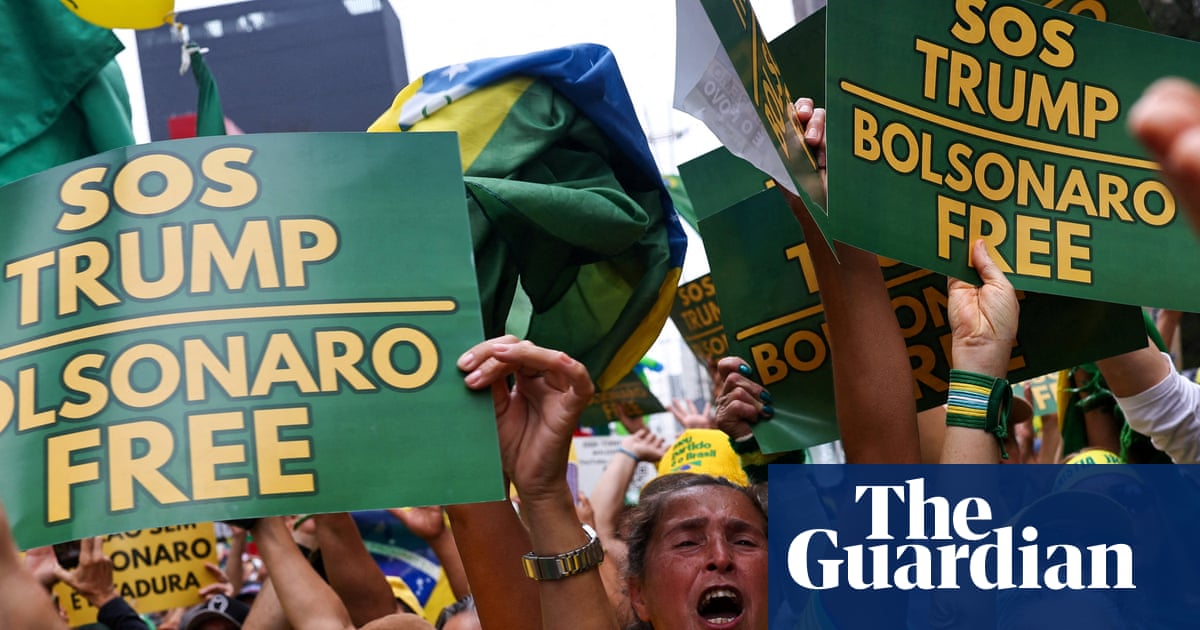National Public Radio, the US public broadcaster that provides news and cultural programming to more than 1,000 local stations, has filed a federal lawsuit against Donald Trump’s administration, challenging an executive order that cuts federal funding to the public broadcaster as an unconstitutional attack on press freedom.
The lawsuit, which landed on Tuesday in federal court in Washington, argues that Trump’s 1 May executive order violates the first amendment by targeting NPR for news coverage the president considers “biased”.
“The intent could not be more clear – the executive order aims to punish NPR for the content of news and other programming the president dislikes,” NPR’s CEO, Katherine Maher, said in a Tuesday statement. “This is retaliatory, viewpoint-based discrimination in violation of the first amendment.”
NPR, which Maher describes as non-partisan news, was joined by three Colorado public radio stations in seeking to have the order permanently blocked and declared unconstitutional.
The executive order instructs federal agencies to “cease Federal funding for NPR and PBS” and eliminate indirect sources of public financing. The White House defended the move, claiming NPR and PBS “have fueled partisanship and left-wing propaganda with taxpayer dollars”. The White House cited a few examples it said demonstrated bias, including editorial decisions around coverage of transgender issues, the Hunter Biden laptop story and Covid-19’s origins.
Trump’s criticism of public broadcasting notably intensified after a former longtime NPR editor wrote a viral article in the Free Press claiming the organization had become too progressive and left-leaning, with some of the article’s subject matter making it into the executive order as well. Maher herself has also been caught in the crossfire, with past posts about “white silence” in the wake of the George Floyd murder getting spotted on social media, before she was in journalism and ran NPR.
The lawsuit describes the order as “textbook retaliation and viewpoint-based discrimination” that threatens “the existence of a public radio system that millions of Americans across the country rely on for vital news and information”.
NPR says its funding structure has evolved since its 1970 founding. Today, member station fees comprise 30% of its funding, corporate sponsorship provides 36%, while just 1% comes directly from federal sources. The non-profit media organization now employs hundreds of journalists whose work is broadcast by local stations across the United States – and vice versa puts a national spotlight on local news stories with on-the-ground context and reporting – and is part of the White House press corps.
after newsletter promotion
“NPR has a first amendment right to be free from government attempts to control private speech as well as from retaliation aimed at punishing and chilling protected speech,” Maher said in the statement.

 3 months ago
109
3 months ago
109

















































